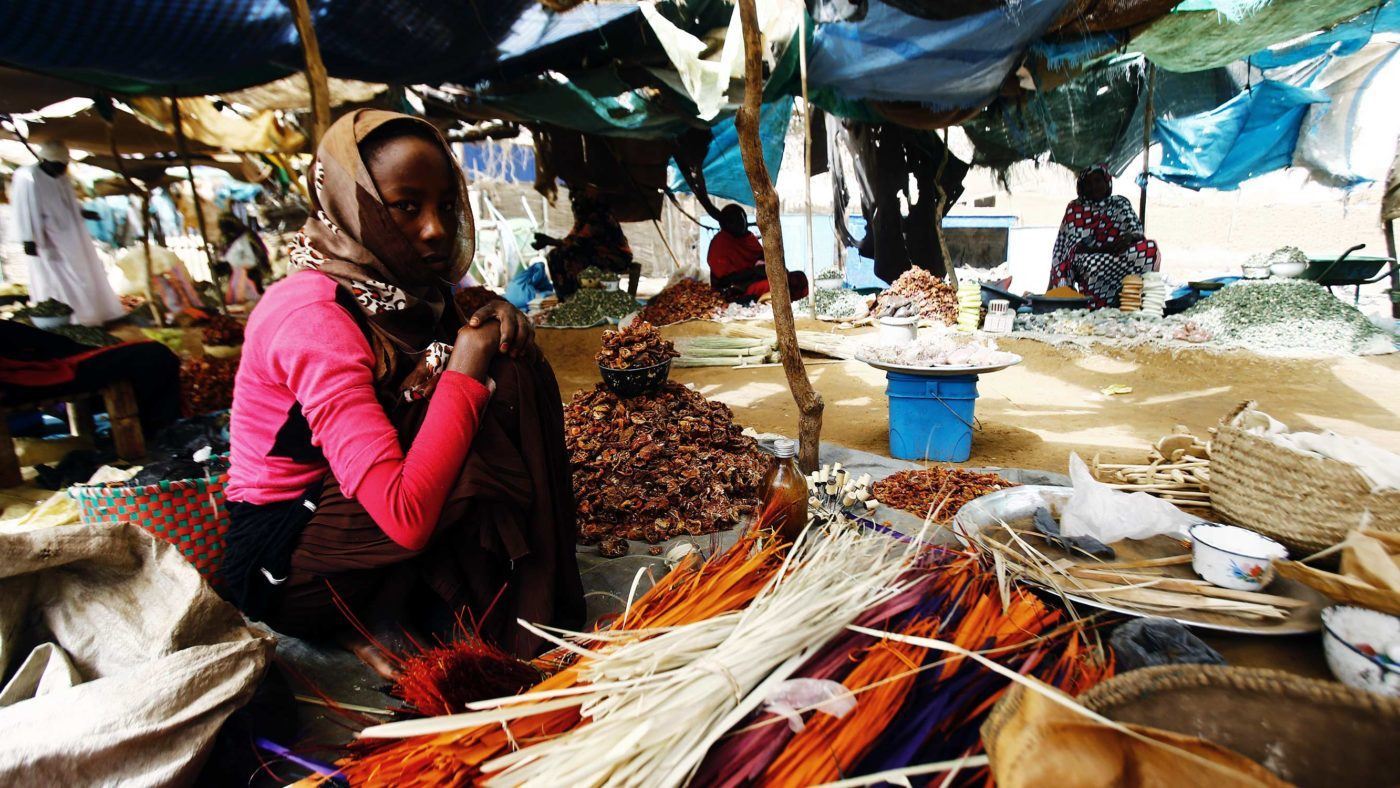Looking around the world right now one would be forgiven for thinking the place is falling apart. Conflict in Syria and Iraq, as well as Gaza, South Sudan and the Central African Republic has put severe pressure on humanitarian resources. These conflicts, among other factors, have triggered a global refugee crisis with desperate people in the Middle East seeking sanctuary across Europe. Elsewhere in the past year or so there have been the Ebola and Zika outbreaks, the Nepal earthquake and droughts in Somalia and Central America. Fears are growing that another drought in Ethiopia is about to erupt with deadly consequences.
Such has been the strain on the humanitarian system that UN Secretary General Ban Ki-moon called the first ever World Humanitarian Summit, starting today, in Istanbul. Such is the rapidly changing nature of modern crises, that when the venue was announced last year, little did the organisers know that the Turkish capital would be at the centre of Europe’s biggest refugee crisis since the Second World War.
The best thing that could come out of the summit, which concludes tomorrow, would be a commitment to get more money and resources to the people who need it most and best know how to use it. Local NGOs are often the first to respond when a crisis hits. They are the ones saving people from floodwaters or digging people out of the rubble days before UN assessment teams or external humanitarian agencies are flown in. They are also the ones that will be there doing the rebuilding work once the world’s gaze has moved on to something else. However according to the Global Humanitarian Assistance Report only 0.2% of humanitarian funding went directly to local NGOs and civil society organisations in 2015. Increasing this a hundred-fold to 20% by 2018 would be a good start. On-the-ground organisations are not only on the front line, they have the best understanding of the culture of affected communities and they know what is needed to help avoid future disaster. They are also more trusted and more accountable to those they are helping and investing in these organisations strengthens local economies.
Ultimately it’s about putting more of the power, and resources, in the hands of those that need it. For too long western donors have been reluctant to do so but such is the need for a more flexible and quick acting humanitarian system that it’s becoming obvious they must. Patronising stereotypes that organisations in the ‘global south’ are incapable of the best work have been lazily allowed to fester preventing this needed transition of power. Thankfully the idea of the all-knowing western aid worker or state donor is increasingly out of date. Christian Aid and other charities now work entirely through local partner organisations. Not only is this approach the quickest and most effective way to alleviate suffering in the short term, investing in local civil society is a more sustainable approach in the long term too.
To encourage major humanitarian donors to adopt this localisation drive, 27 international NGOs have put their money where their mouth is and pledged that by 2018 at least 20% of humanitarian spending will go directly to local agencies. But NGOs only directly receive 18% of the total humanitarian funding according to the UN’s Financial Tracking Service. What’s essential is reform within the big players on the humanitarian scene, the UN and state donors.
The principle of subsidiarity is one heatedly discussed at present in relation to the European Union. But the idea of decisions and actions being taken at the most appropriate local level possible is equally relevant for improving disaster response. Rather than a centralised, command and control, one system fits all approach we need a decentralised humanitarian system, comprised of diverse organisations with contextualised responses where frontline national responders receive proper resources.
To avoid being just another talking shop full of motherhood and apple pie, the World Humanitarian Summit must be the start of a transformational change in the humanitarian system with localisation at its heart.


